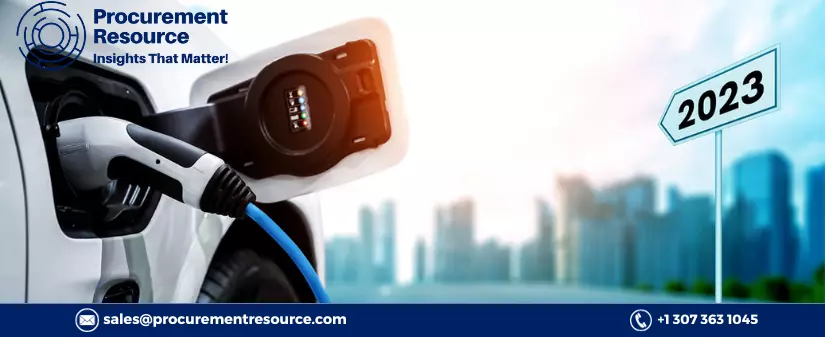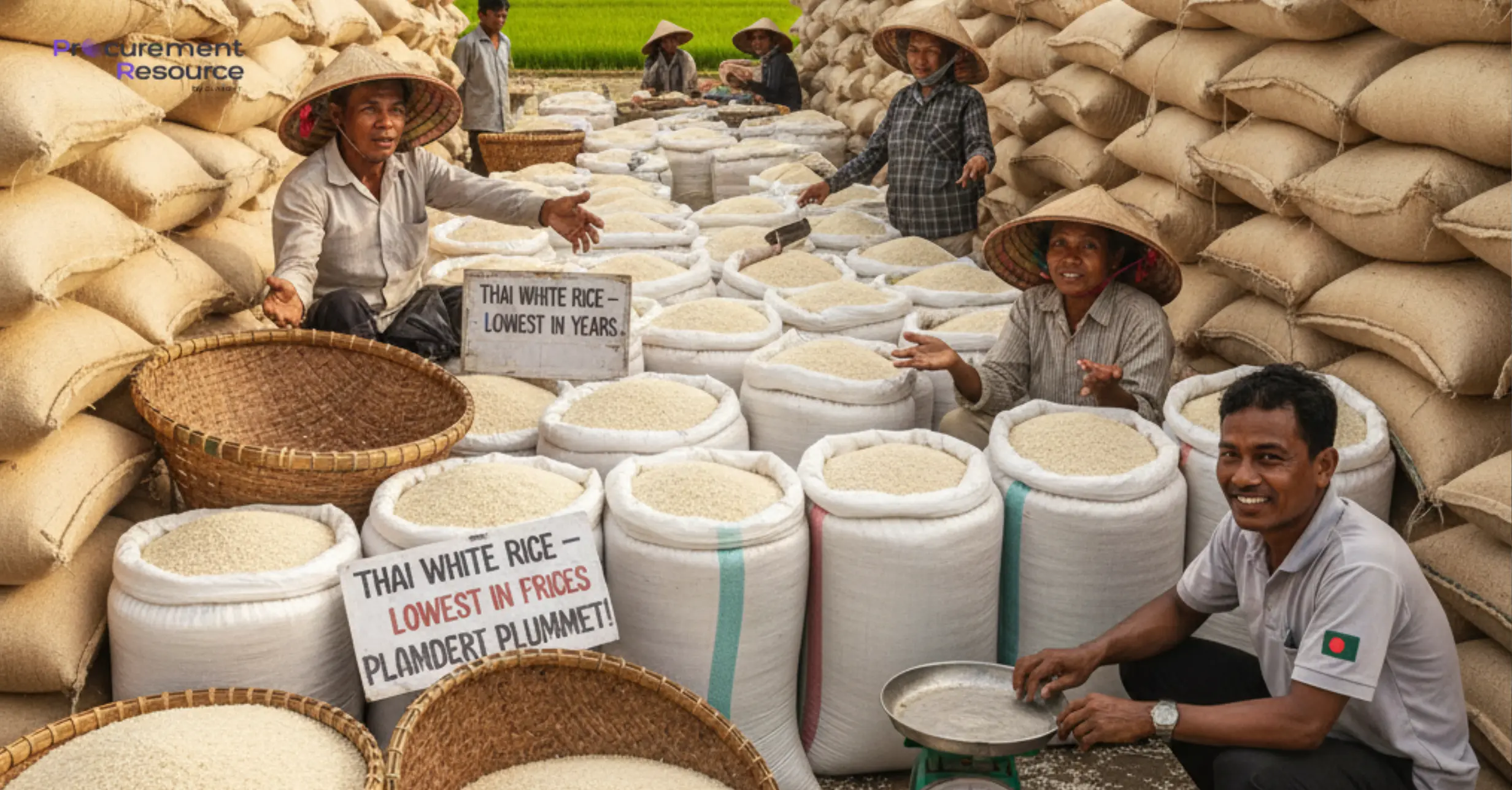MOTIE, South Korea, Eyeing to amp up Efforts to Fortify the EV Sector in South Korea

South Korea's Ministry of Trade, Industry, and Energy (Motie) has declared its ambition to solidify its footing in the electric vehicle (EV) sector. Motie has outlined a comprehensive investment of 11.1 trillion won ($8.22bn) for this cause. This ambitious blueprint involves allocating W2 trillion towards research and development in the automotive industry over the upcoming half-decade. The purpose behind this funding is to ensure that the transition towards futuristic vehicles is both seamless and timely. A whopping W9.1 trillion from the total investment is marked for the conversion to these so-called "future cars".
In addition to internal development, Motie envisions amplifying 'eco-friendly' vehicle export bases, focusing particularly on Northern Europe and Japan. This expansion will be directed towards integrating smaller EV component enterprises into the expansive global supply ecosystem.
The auto export metrics from South Korea tells an optimistic story. As of August, automobile exports have demonstrated impressive growth for 14 consecutive months. In sheer numbers, August saw exports exceeding 300,000 units, where EVs comprised a third.
Motie Minister Bang Moon-kyu, who succeeded Lee Chang-yang in September, noted the anticipated upswing in the eco-friendly market. Citing global carbon neutrality initiatives such as the US IRA and the phasing out of internal combustion vehicles by the EU, Moon-kyu expressed confidence in the EV industry. He believes this sector will catalyze demand across various high-tech domains, from secondary batteries to semiconductors.
Trade statistics between January and August revealed South Korea as the dominant importer of China's lithium-nickel-cobalt-manganese oxide (NCM), which forms an essential component of EV batteries. South Korea accounted for an astounding 64% of China's total NCM exports.
South Korea's economic strategies underscore a discernible tilt towards green growth engines, reflecting in increased budgetary allocations by its environment ministry, especially in the face of prevailing economic uncertainties.
In parallel news, Hyundai Steel has revealed its intent to inject W14bn for establishing a steel pipe subsidiary this October. This move is projected to potentially bolster hot-rolled coil (HRC) import demand, as HRC is fundamental in steel pipe production, a perspective offered by a Chinese mill manager.
According to the article by Procurement Resource, South Korea's Ministry of Trade, Industry, and Energy (Motie) plans to invest 11.1 trillion won ($8.22bn) to bolster its electric vehicle (EV) sector. W2 trillion is allocated for R&D over the next five years, with the remaining W9.1 trillion earmarked for the transition to "future cars." Motie also aims to enhance 'eco-friendly' vehicle exports, targeting Northern Europe and Japan. Notably, EVs constituted a third of the 300,000 auto exports in August. Motie Minister Bang Moon-kyu sees potential in the eco-friendly market due to global carbon neutrality efforts. South Korea dominates China's EV battery component exports, reflecting the country's green growth focus. Separately, Hyundai Steel plans to invest W14bn in a new steel pipe subsidiary, potentially boosting hot-rolled coil demand.

-(1).webp)

.webp)